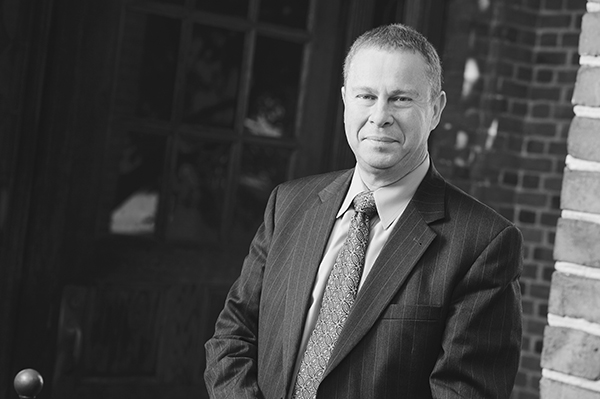
The recent civil unrest in Baltimore has reminded us all of the deep and long-standing social and economic issues that are yet to be addressed here, and in the country as a whole. Though the unrest was triggered by the death of Freddie Gray, it is clear that its roots exist in a history of persistent inequity and lack of opportunity, and in the legacy this has created in Baltimore and other urban areas.
Many of us feel motivated to address the physical damage that occurred in Baltimore. I applaud everyone at Johns Hopkins who helped clear debris from the city streets in the days after the crisis and support ongoing efforts to get the city back on its feet.
Looking ahead, we must take a longer view. As part of an educational institution and an anchor in Baltimore, we at Johns Hopkins must strive to better understand the long-standing complex and systemic problems that led to the events in late April and to commit to contributing to their solution.
As engineers and as citizens of Baltimore, we have an obligation to use our particular strengths, our skills, and our expertise to help build a healthier, more equitable Baltimore City for all. And in fact, in this issue’s Back Talk column (page 40), Johns Hopkins President Ronald J. Daniels explores this issue more fully.
Engineers have the capacity to apply our skills to help solve complex societal problems. Engineers don’t work in a vacuum. We work in real-life settings with real people to address real problems—and this provides both the cornerstone of the way we approach education here at the Whiting School and the value of the knowledge we create.
As Baltimore and the Johns Hopkins community work to heal from the recent events, I encourage you to consider the role you can play in such efforts, in Baltimore and beyond. I will be sharing with you what we as engineers can do—and are doing—to contribute to solving problems and making our city an even better place to live.
Sincerely,
ED SCHLESINGER
Benjamin T. Rome Dean




